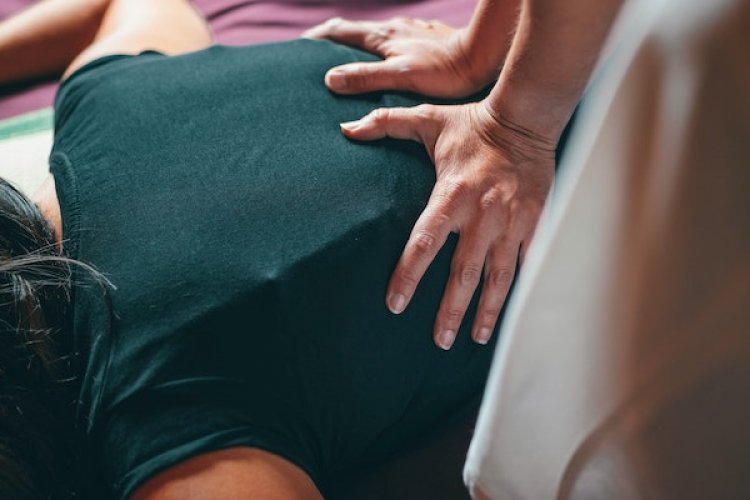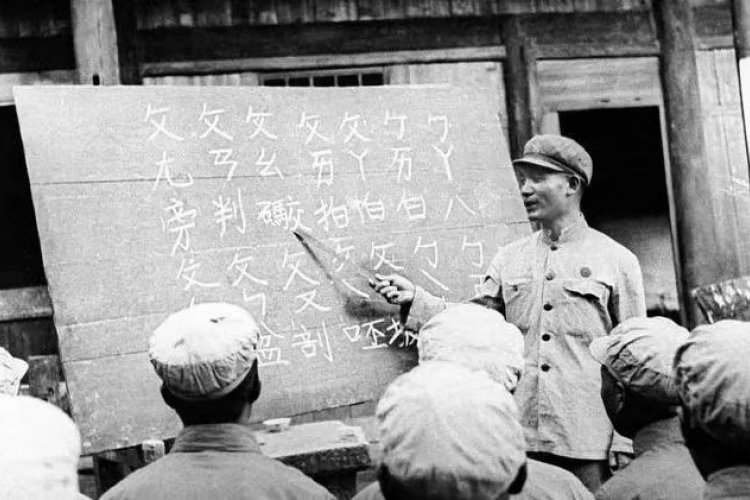History Behind the Door: The Former Residences of Renowned Beijingers
With more than 3,000 years of history under its belt – and roughly 700 as the capital – Beijing has witnessed its fair share of notable individuals. From dynastic rulers to opera greats, the myth and folklore that follows these personalities flow through the city's streets, turning every unassuming latched door into the guardian of some revelatory chapter in China's history. To keep you from plowing through private property in search of these eminent individuals' former residences, we compiled a list of a few locations that are open to the public.
Lu Xun (1881-1936)
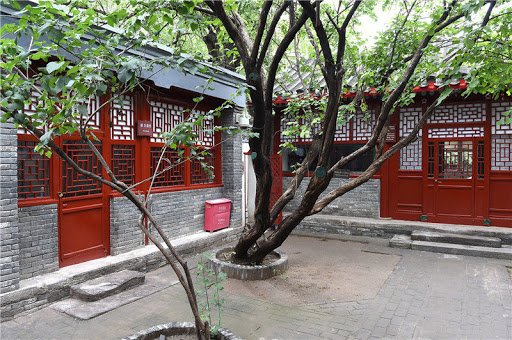
Lu Xun is arguably the most famous figure among Chinese literati with a body of work that is ubiquitous among Chinese textbooks. His writing has been described as conveying both "sympathetic engagement" and "ironic detachment," in turn. Despite the fact that more than 100 years have elapsed since his heyday, Lu Xun's work still goes viral every now and again thanks to its timeless and trenchant sarcasm that keeps netizens quoting him to this day.
Lu Xun purchased this courtyard in 1923 and personally renovated it during the spring of 1924. Over the course of his two-year stay, he completed Hua Gai Ji (Wild Grass), part of Dawn Blossoms Plucked at Dusk, and a few other anthologies. Today, the residence has been converted into a museum and holds some of Lu Xun’s scripts, letters between him and his friends, his printmaking collection, and other historical documents.
Price: RMB 5
Hours: Tuesday to Sunday. 9am-4pm. Ticketing stops at 3:30pm
Address: 19 Gongmen Ertiao, Fuchengmen, Xicheng District
Tel: 010-66156551
Mei Lan Fang (1894-1961)
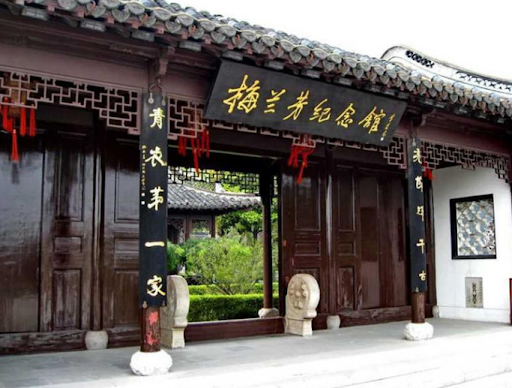
Peking Duck, Peking University, Peking Opera: These are but a few of the things that are still named for Beijing's former designation. But compared to the other two, most people living in Beijing have never seen Peking Opera, let alone studied the history of it. Nevertheless, just like fans chasing down idols today, audiences from Peking to New York went wild for opera performers, with Mei Lan Fang doubtlessly leading the pack. Between his good looks, effortless charm, and uncanny performances, Mei Lan Fang revolutionized the art form. As one of the only private residences to have a garage at the time, Mei Lan Fang spent the last ten years of his life in what was formerly a royal mansion. Today, it's been renovated as a memorial and museum holding photograph collections, original features, furniture, paintings, and more.
Price: RMB 10
Hours: Tuesday-Sunday. 9am-4pm
Address: 9 Huguosi Lu, Xicheng District
Tel: 010-83223598 ext. 8001
Jean-Augustin Bussière (1872-1958)

You may be surprised to see a French name in this list, however, expats have been calling Beijing home since the early 20th century, though few of them lived here as long a stretch as Dr. Jean-Augustin Bussière, who traipsed around the capital for 41 years, from 1913 to 1954. Dr. Bussière reportedly never achieved fluency in Mandarin, but his passion for Chinese culture, coupled with a magnanimous medical practice and willingness to treat patients regardless of their social standing, earned him a good reputation among the local community. In fact, he even stuck around during the Second Sino-Japanese War, and supported the Chinese army by transporting medicine and treating wounded soldiers on the frontline. In 2014, Dr. Bussière's gardens were renovated in honor of his contributions to the capital and in celebration of the 50th anniversary of the establishment of China-France Diplomatic Relations.
Price: RMB 20
Hours: 8am-5.30pm
Address: Beijia Huayuan Road, Sujiatuo Town, Haidian District
Tel: 15001373677
Soong Ching-ling (1893-1981)

When it comes to outstanding females of 20th century China, Soong Ching-ling demands a mention. She was much more than a first lady, having developed a progressive international vision during her studies abroad and career as an activist, both of which rooted her firmly in modernity. For many Chinese, she is respected and cherished not only as the only honorary chairwoman of PRC, but for the work she did on social welfare programs, and specifically, child welfare. Even though she is a true Shanghaiese in many respects, she spent her twilight years in Beijing and lived in this residence for roughly 18 years until her death on May 29, 1981.
Price: RMB 20
Hours: 9am-5.30pm (Apr-Oct 31) 9am to 4pm (Nov 1-Mar. 30)
Address: 46 North Shore of Houhai Lake, Xicheng District
Tel: 010-64044205 ext. 815
Wen Tianxiang (1236-1283)
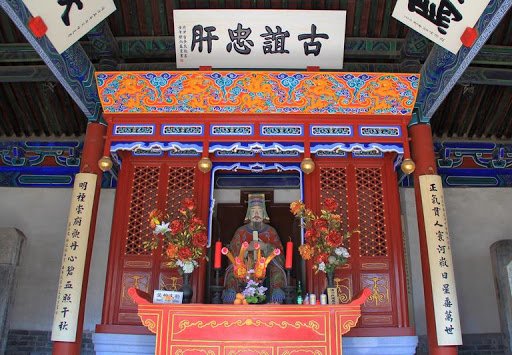
This isn't your typical residence. In fact, it was the jail where Wen Tianxiang spent the last three years of his life as a prisoner of Kublai Khan and the Yuan Dynasty. After the fall of the South Song Dynasty, Khan tried to persuade Wen Tianxiang to pledge his allegiance, however, Wen Tianxiang refused and was imprisoned as a result. During his sentence, he wrote “正气歌 zhèngqì gē“ ”The Poem of Uprightness” to show his resolute devotion to the previous Chinese rule. When the Han people expelled the Mongolian from Beijing during the Ming Dynasty, a minister set up this memorial temple to pay homage to this hero. After 600 years of extreme weather, war, and revolutions, the memorial stands as proud and unwavering as Wen’s unbendable spirit.
Price: RMB 5
Hours: Tue-Sun. 9am-5pm
Address: 63 Fuxue Hutong, Dongcheng, Beijing, China
Tel: 010-6401 4968
Read: Explore Beijing's Hutongs While Giving Back to China's Children
Images: Wikipedia, Photo.jstv.com, NAIC, Sohu, Xuehua, Sql.org, Xzwy



